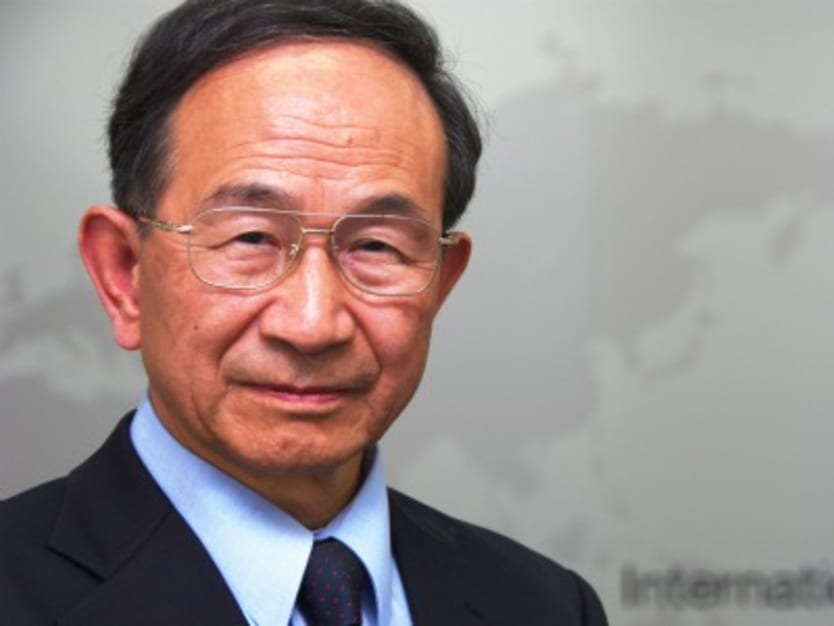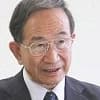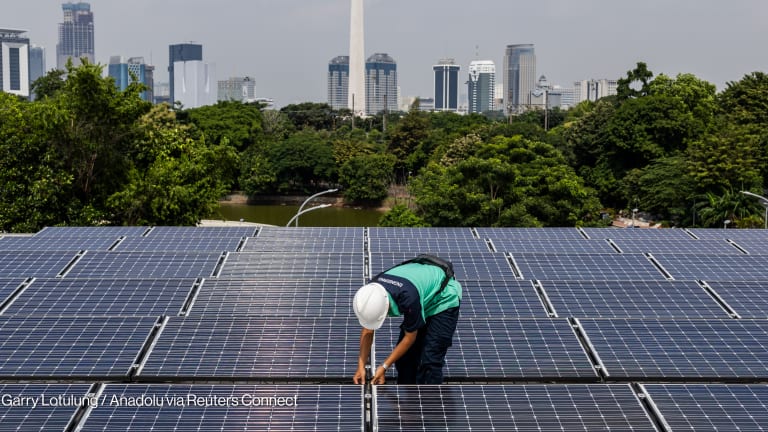
Over the last 50 years, rapid advancements in health, food production, and governance have increased living standards worldwide. But this progress may be hard to maintain as wealthier nations experiencing their own economic difficulties reduce foreign aid, while the world’s population continues to grow – primarily in the poorest countries. In this environment, traditional economic assistance may be unsustainable.
Japan has an approach that can help: Teach developing nations help each other build the solid economic foundations. Japan is taking the lead in promoting the emergence of new donors through triangular and South-South cooperation. This approach delivers a better kind of aid that results in development projects tailored to on-the-ground realities of the recipients and that overcome the donor-recipient dichotomy.
It works like this: Japan teams up with partner countries to adapt known technologies and development practices to local conditions. Once the initial project is complete, Japan helps its partners share that knowledge with other developing countries. Through this process, Japan supports the transition of aid recipients into self-reliant colleagues and ultimately donor nations in their own right.
Our enthusiasm for South-South cooperation is based on Japan’s own experience of economic development. Japan transitioned from an aid recipient country during its postwar rehabilitation and reconstruction phase into both a recipient and an emerging donor in Asia. By 1970, Japan’s growth eliminated its need for aid. It soon became one of the world’s most powerful economies and an active donor nation. Japan’s approach to international development is, in part, a result of that transformation.
The Japanese approach is apparent in the core principles of the Japan International Cooperation Agency, which implements our international development initiatives. JICA’s assistance is governed by a vision of inclusive and dynamic development, and we encourage communities to identify their development challenges and participate in addressing them.
Let me give you an example. In the 1980s and 1990s, JICA partnered with the Brazilian Agricultural Research Corp., or Embrapa, to develop sustainable agricultural techniques that transformed the barren Cerrado savanna into one of the largest farmlands in the world. But JICA’s involvement did not end there.
In a program that has been praised by U.S. Secretary of State Hillary Clinton and Microsoft founder Bill Gates, we are now working with Brazil through a program called ProSavanna to share the Cerrado innovations with Mozambique, and to develop new agricultural techniques to transform Mozambique’s savanna into farmlands. Japan continues to help foster the relationship, but Brazil has become a donor in its own right.
Japan views international development not as a national obligation, but as an opportunity. JICA’s commitment to expanding the family of donor nations is the embodiment of that vision. As we work to expand cooperation across the globe, we ensure Japan’s peace and prosperity by ensuring the peace and prosperity of the entire international community.
JICA believes more donor nations should adopt our approach to catalyzing global development and expanding the community of donor nations. We believe this is the best way to ensure that developing nations not only receive the help they need, but the knowledge and experience to eventually lift themselves and other nations to higher standards of living.
Read more:








